The 411 on Acne: Dr. Goldfaden breaks down everything that we need to know about treatment
If you suffer from Acne or are trying to eliminate those stubborn scars from years ago, you’ll want to read this. In the past decade there have been many treatment options developed for acne prone skin. With the popularity and availability of over the counter skin care products, the consumer has become more savvy about how products perform and what to use in order to treat and or prevent acne. We sat down with Dr. Goldfaden to get the 411 on the best and most effective acne treatments on the marketplace.
With the advancements of lasers, many turn to these to help to treat acne and eliminate scarring. There are many different types of lasers and while there is not a tremendous amount of research to suggest they really work against acne, they can help some people. Due to the possible side effects I would sooner suggest trying another treatment first before taking the last road.
How do you approach treatment of acne?
When a patient is dealing with Acne, it is always important to do a 360 degree evaluation. This means investigating all the possible things that could be causing the acne. The patients age, diet, exercise routine and overall health. I am more likely to treat acne prone skin with natural yet effective products before prescribing an antibiotic. If there is an infection present then an antibiotic will be suggested. Exfoliation is the main suggestion for fighting acne prone skin. Exfoliation not only clears up existing oil and bacteria, it also removes dead and dry skin cells and inhibits future breakouts. Throughout years of research one ingredient I have found to be beneficial when applied topically is Organic Red Tea extract or Rooibos. Red Tea extract is soothing and fights inflammation, irritation and redness. I will usually prescribe an exfoliation scrub in conjunction with a red tea based serum to Acne sufferers for dead skin and bacteria removal and healing properties.
What about antibiotic treatment and effectiveness, long term use, resistance, ability to tackle the root cause?
Accutane is the most clinically effective drug to fight acne but very strong and has many side effects. Long term use of any antibiotic is not recommended and the natural approach is always the first choice of treatment. Over usage of any antibiotic can result in a resistance, but when used properly and if all avenues have been exhausted prior, this can be a very beneficial and successful approach to combat stubborn acne.
What are your views on of accutane and dosing? Has your view changed over the years?
Accutane will be prescribed as a last option. I have never been a fan of Accutane as it has many unwanted side effects. However it remains the most effective drug for Acne. Natural topical treatments are always recommended first before an antibiotic.
How have lasers impacted treatment?
There are many types of lasers available now, however they can be expensive and can cause unwanted side effects such as pain, burning, peeling, redness and dark spots as well as no results. I recommend older and more mature adults to look at this option as a last resort rather than sending younger men and women to laser treatments simply based on the variety of alternative and successful options that do exist.
Any recent advances that are exciting to you?
Accutane still remains the popular choice for prescription. Lasers and OTC skincare products have become more and more popular in recent years which allows all of our research to become more mainstream and accessible to the general public which is so great.
Can you talk to us about AHA/BHA acids as treatments?
Alpha hydroxy acid-based facial exfoliators are an excellent choice for people with oily skin. In general, beta hydroxy acid is a more effective treatment for acne prone skin. Beta-hydroxy acid (also called salicylic acid), is a synthetic derivative that comes from the same source as aspirin. Both AHAs and BHA work by combining with the structural lipids in your stratum corneum and dissolving them so that the dead skin cells break away. Since the introduction of OTC skincare products such as the popular wipes and our Fresh A Peel lactic acid wash, peels can be done safely at home with no side effects.
How does Vitamin A interact with spot prone skin?
Vitamin A or retinoids help repair sun damage, fine lines and wrinkles, overall skin tone, cell turnover, Acne and overall skin repair. Vitamin A stimulates skin cell renewal by increasing the rate of cell division 1-3. Retinoids or Retinol products can help to unclog pores thus inhibit dead skin cells to clog pores and cause future breakouts. Vitamin A can also help to inhibit acne scars from forming.

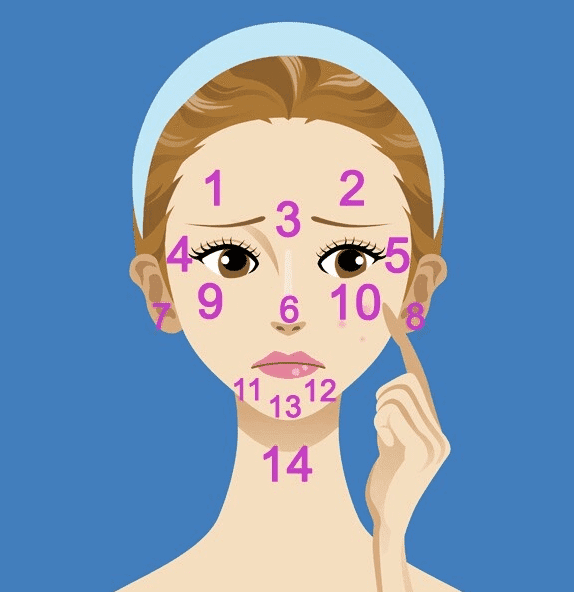
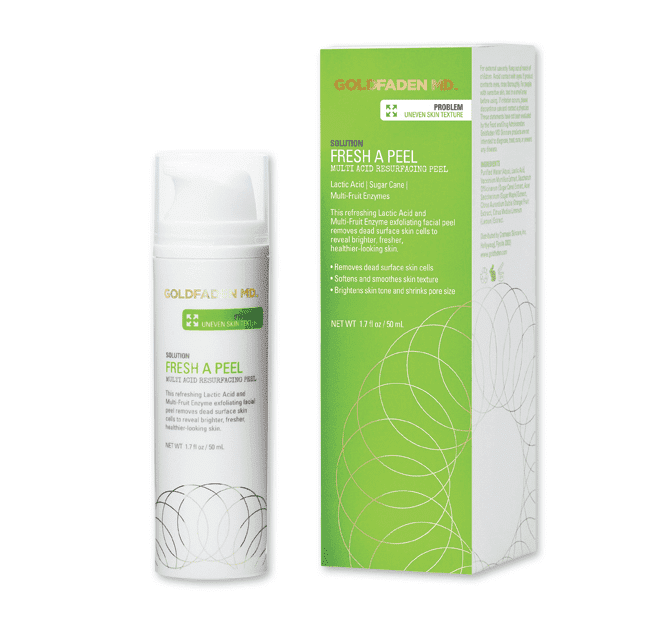
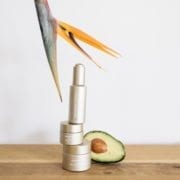
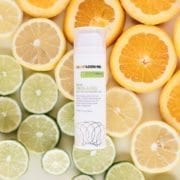
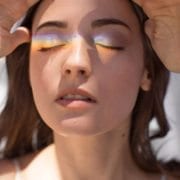
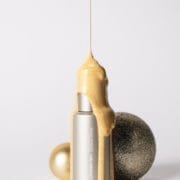
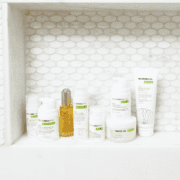


Leave a Reply
Want to join the discussion?Feel free to contribute!